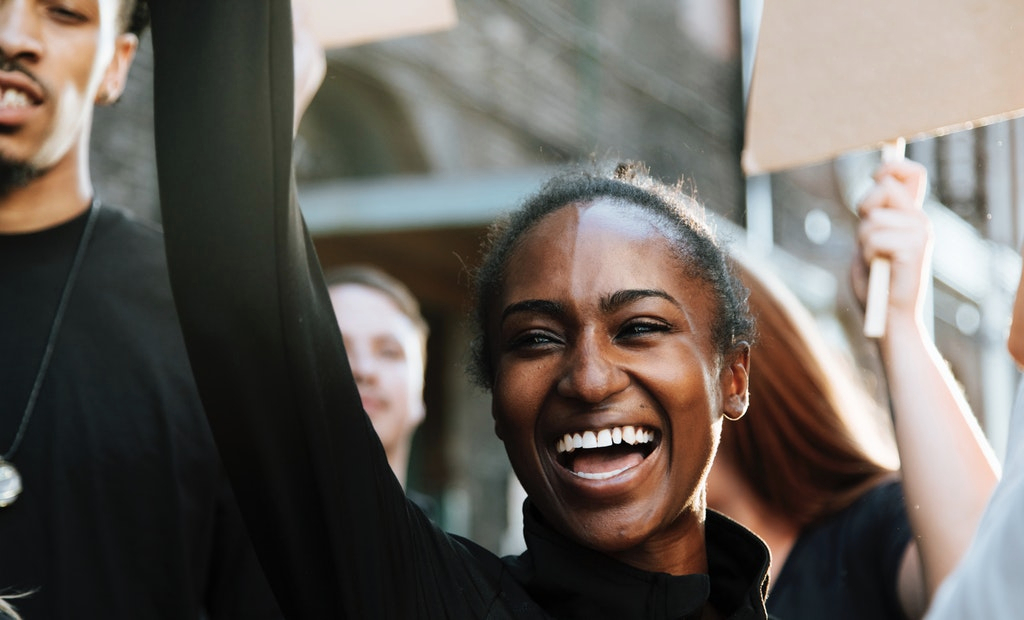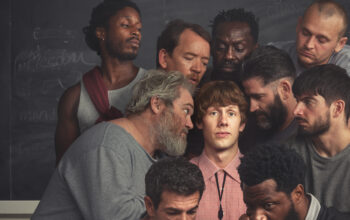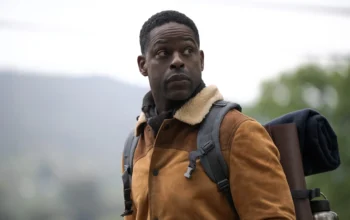One billion rising: Women gather worldwide to fight violence

What are you planning to do this Valentine’s Day? Will you go out for dinner with friends? Celebrate with a loved one? Or will you be joining thousands of women worldwide in their quest to end violence against women?
How?
This Valentine’s Day, the activist movement One Billion Rising is hoping to kick-start a revolution in the way the world reacts to the violence perpetuated against women, and you can join them.
Described as “a global strike, an invitation to dance, a call to men and women to refuse to participate in the status quo until rape and rape culture ends”, One Billion Rising reflects the recent backlash towards the social and political attitudes that fail to adequately address the culture of violence women in the world continue to face.
Staging flash mobs, art exhibitions and social gatherings worldwide on 14th February, a date chosen deliberately to celebrate the 15-year anniversary of the movement V-Day that was set up to end violence against women and girls, One Billion Rising is a timely and creative protest with the specific aim to raise awareness.
Whilst flash mobs may not immediately cry out “revolution”, One Billion Rising have shown ingenuity and originality in their decision to voice their protest through the physicality of dance rather than words.
To quote the movement: “Dancing insists we take up space. It has no set direction but we go there together. It’s dangerous, joyous, sexual, holy, disruptive. It breaks the rules.” Equally importantly, it will make the headlines.
Since the news of the brutal gang-rape of a 23-year-old student in Delhi made headlines in December 2012, the issues surrounding women’s rights, the flaws within the judicial system and the cultural attitudes towards violence against women have become popular discussion points at dinner tables around the world.
Just as with the outrage that was elicited back in 2011 after Canadian Police Officer Michael Sanguinetti announced that “women should avoid dressing like sluts in order not to be victimised”, the warning signs offered by the horror story in Delhi risk waning back into obscurity if nothing is done. The significance of movements such as One Billion Rising, therefore, should not be ignored.
Why?
Violence against women is not something that happens every couple of months, nor are most stories of sexual, physical or psychological abuse reported in the media.
According to the World Bank and the United Nations (UN): “Women aged 14-44 are more at risk from rape and domestic violence than from cancer, car accidents, war and malaria.”
Using the UN statistics, a woman is killed every six hours by an intimate partner in South Africa, 22.3% of women in Switzerland will experience sexual violence by non-partners in their lifetime, and 3 million girls a year “are thought to be at risk of genital mutilation”.
Overall, the UN warn that one in three women on the planet will be raped or beaten in her lifetime.
Whilst some cultures hide behind the criticism of an imperial West when attempts are made to prevent the mutilation of girls, honour killings and abuse towards women, this can no longer be used as an excuse.
Similarly, Western cultures must face up to the fact that brutal violence against women happens everywhere. All cultures are responsible for the perpetuation of violence and all cultures have the responsibility of enacting change.
In the words of UN secretary-general, Ban Ki-Moon: “There is one universal truth, applicable to all countries and communities: violence against women is never acceptable, never excusable, never tolerable.”
How can we tackle the problem then?
One Billion Rising and similar movements – such as V-Day, UN Women, and Attacking the Silence – raise awareness and present a united front in the battle against violence.
Without serious changes to social attitudes, however, these movements will be powerless. Why do some men rape? Why do some men seek to injure women? Why does society seemingly ignore domestic violence?
According to socio-biologists such as Susan Brownmiller (1975), a man’s biological sex makes violence towards women an inevitable aspect of their social behaviour.
Yet academic Matthew Conaway points out “not all men rape and masculinities vary intra-and-inter-culturally.” Instead, for Conaway, the root cause of violence of any kind is the unfortunate outcome of frustrated masculinities that are placed under pressure by the perception of men in the media.
Focusing on hyper-masculine qualities, the presentation of men as good-looking, healthy and strong in films, television, newspapers and magazines sends the message to men that unless they reflect those qualities they are somehow less masculine.
Following Conaway’s line of thinking, the media industry’s portrayal of masculinity, the barrage of images of the likes of David Beckham, Ryan Gosling, George Clooney and Tom Hardy leaves men feeling inadequate and consequently the fear of emasculation leads some to “illegitimate actions”.
Whether this is accurate or not, Conaway’s findings reveal the power the media has on social attitudes towards masculinity, relationships and women.
Last year the Guardian’s Natasha Walter discussed the harmful messages that were being sent to male and female audiences by films, books and television shows that focus on gruesome violence and tempestuous relationships.
Reading Wuthering Heights or the Twilight series, one might be forgiven for mistaking a violent relationship for passionate love – in the latter, non-vampire Bella asks her vampire partner Edward to kill her to enable them to carry on the relationship, which author Stephenie Meyer presents as a romantic gesture.
Over recent weeks, pop singer Rihanna has faced a barrage of criticism for apparently re-kindling her relationship with the man arrested for beating her up.
Critics argue that she is setting a bad example, but this specific attack on Rihanna seems nonsensical when the entire media industry is to blame.
Why print stories of Rihanna and Chris Brown if their romance sends the wrong message to society? Why complain about Rihanna when it’s the media industry worldwide? Rihanna as one person is not the problem – take a look at society as a whole and you will see this.
One Billion Rising is the start of a worldwide backlash and an exciting opportunity to change the attitudes of society. Violence against women is not just one headline, one person’s fault or one culture’s problem.
“One Billion women violated is an atrocity, One billion women dancing is a revolution”.
Sarah Aston
























Facebook
Twitter
Instagram
YouTube
RSS